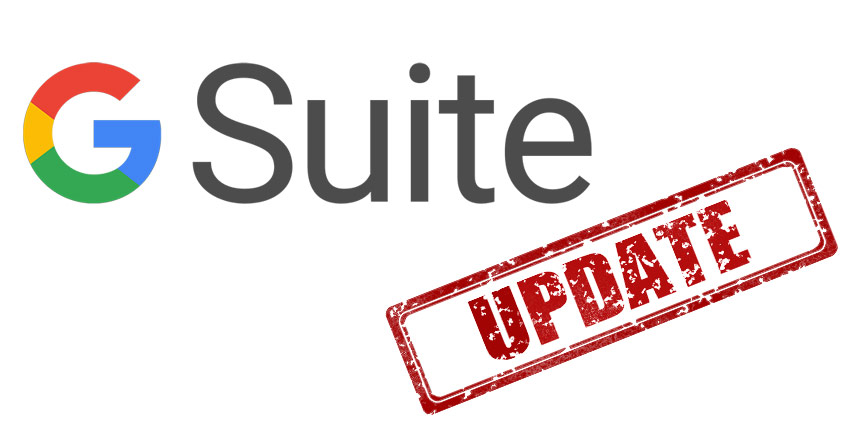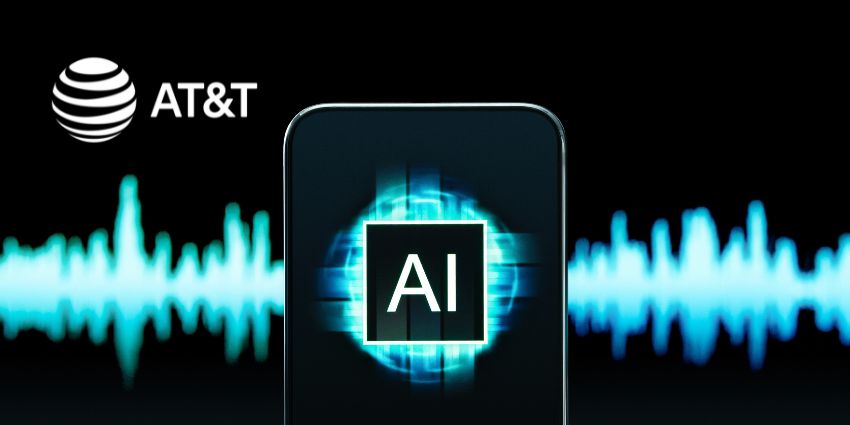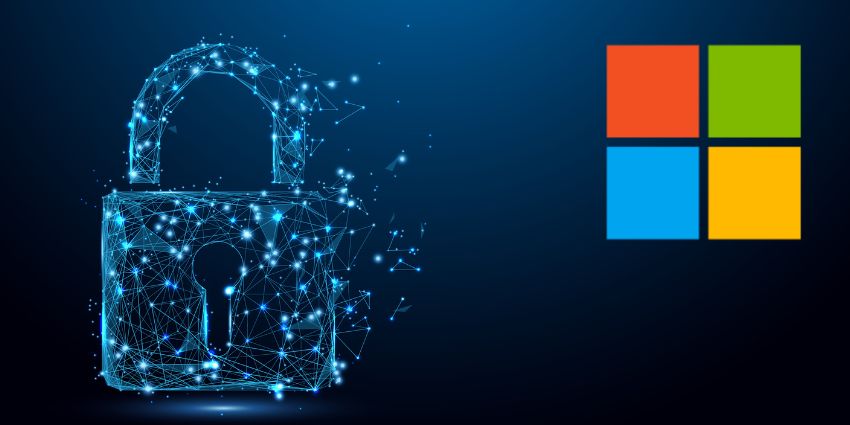In a blog post, Google Cloud addressed the now more than 50 percent of Americans who work from home due to the novel Coronavirus pandemic. This is, according to a recent Vice News report. There are also millions of others who work from home across the planet, and Karthik Lakshminarayanan, Director of Product Management, G Suite Security & Controls, broke the news of the platform’s sweeping set of overhauls, which include a redesigned unified user interface along with a breadth of new security functionalities. Lakshminarayanan added:
“Today we’re announcing new updates that provide even stronger security in Gmail, Meet, and Chat. We’re also unveiling new ways to help IT, admins, to manage and secure devices in the Admin Console”
Here’s why most think Google Cloud’s looking to further compete with Slack and Zoom, it’s new controls for Meet, formerly known as Google Hangouts. The video collaboration tool is free of service, and one that connects millions worldwide. “In the coming weeks, we’ll start rolling out new security controls to help ensure that only intended participants get let into a video meeting. In the initial rollout, these options will be available for consumers and G Suite for Education accounts.”
Lakshminarayanan continued, stating, first, the company will give meeting hosts increased control over who can join their meetings. These enhancements build on existing Google Cloud technology that requires those who do not appear on a meeting calendar invite to ask to join the meeting via a feature that mocks knocking on a door.
“Once an attendee gets ejected, they can’t attempt to join the same meeting again by ‘knocking,’ unless the host re-invites them”
If a request to join a meeting’s denied many times, that user’s automatically blocked from sending more requests to join. Meeting hosts also gained the use of advanced safety locks to beef up security with a few clicks. With G Suite’s latest Safety Locks feature, hosts can decide which methods of joining (via calendar invite, phone, etc.) require users to gain approval to join.
New security features for Chat, Google Cloud’s Slack-like team collaboration app are here to stay, according to Google Cloud, “We’re extending the strong phishing protections we have built within Gmail to Chat. If a link’s sent to you via Chat, it’s checked against real-time data from safe browsing and flagged if it’s found to be malicious.” In the coming weeks, G Suite users can report and block Chat Rooms if they suspect malicious activity. New security features will even enable the automatic detection and limiting of what Google classifies as ‘abusive content’. This means spammy invitations could get classified as such, and in some cases, be blocked automatically.
To streamline the process of device management, G Suite underwent a redesign. The devices page in the G Suite admin console includes more intuitive navigation for device management and it displays the number of devices managed by each service. There’s even a new integration with Apple Business Manager (formerly DEP) that lets G Suite Enterprise, G Suite Enterprise Essentials, Cloud Identity Premium, and G Suite Enterprise for Education admins to distribute and manage company-owned Apple iOS devices.
Keeping sensitive data protected and private can prove a challenge for any size organization, which is why Google Cloud said it made some essential changes to its Data Loss Prevention feature that hopes to prevent unauthorized access to data. “Admins can now use automated information rights management (IRM) controls to prevent data exfiltration by blocking end users from downloading, printing, or copying Google Drive documents, sheets, and slides that contain sensitive content.”

Available in beta for G Suite Enterprise, G Suite Enterprise Essentials, and G Suite Enterprise for Education customers, controls work in tandem with the Data Loss Prevention rules set for organizations. “Admins can run a full scan of all files within Google Drive and automatically enable these controls for all users.” G Suite’s also made it simpler for admins to control app access. Admins can already decide which third-party apps can access users’ G Suite data with OAuth 2.0. In light of recent updates to its App access control, users can block apps from accessing G Suite services via APIs, too.







